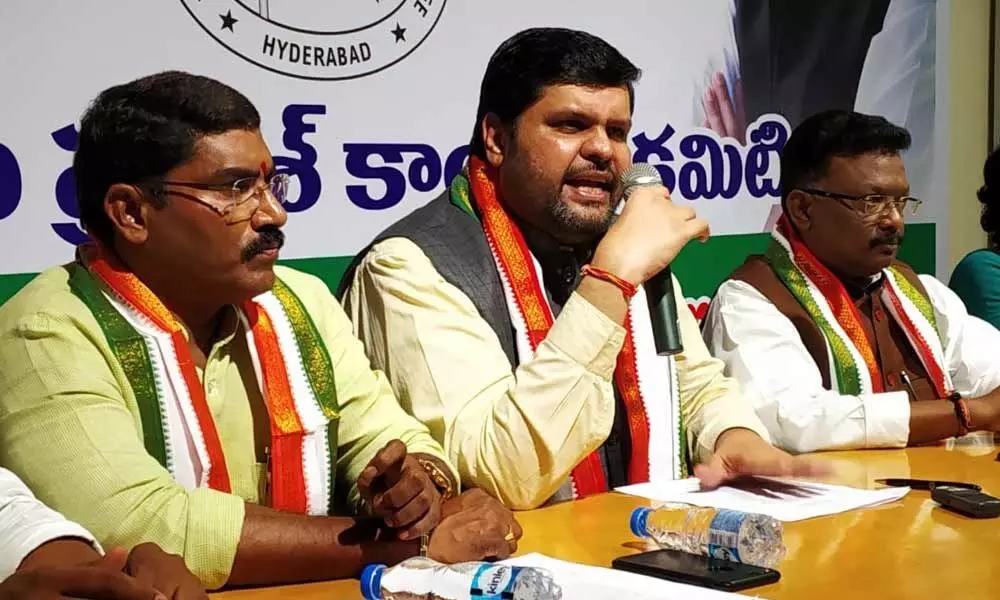Live
- Rohit Sharma to Attend Champions Trophy Opening Ceremony in Pakistan
- SA20: Joburg Super Kings, Pretoria Capitals claim crucial wins
- Indian Railways Cancels Multiple Trains Until March 2025 Due to This Reason
- South Korea to spend $1 bn in 2025 to promote EV sales
- US SEC files lawsuit against Musk ahead of Trump inauguration
- Delhi liquor policy case: Centre's nod to ED to prosecute Arvind Kejriwal, Manish Sisodia
- Weather department predicts rain in TN's six districts today
- C-DOT partners IIT Delhi to boost 6G research by developing basic components
- Dense fog in Delhi-NCR: 184 flights delayed, 26 trains running late
- MUDA scam: Karnataka HC likely to give verdict today on petition seeking CBI probe









